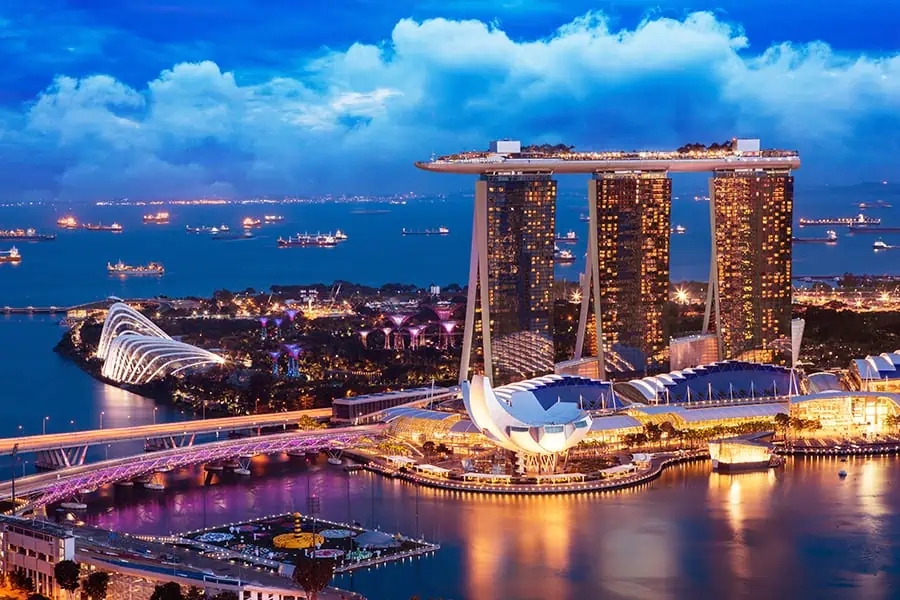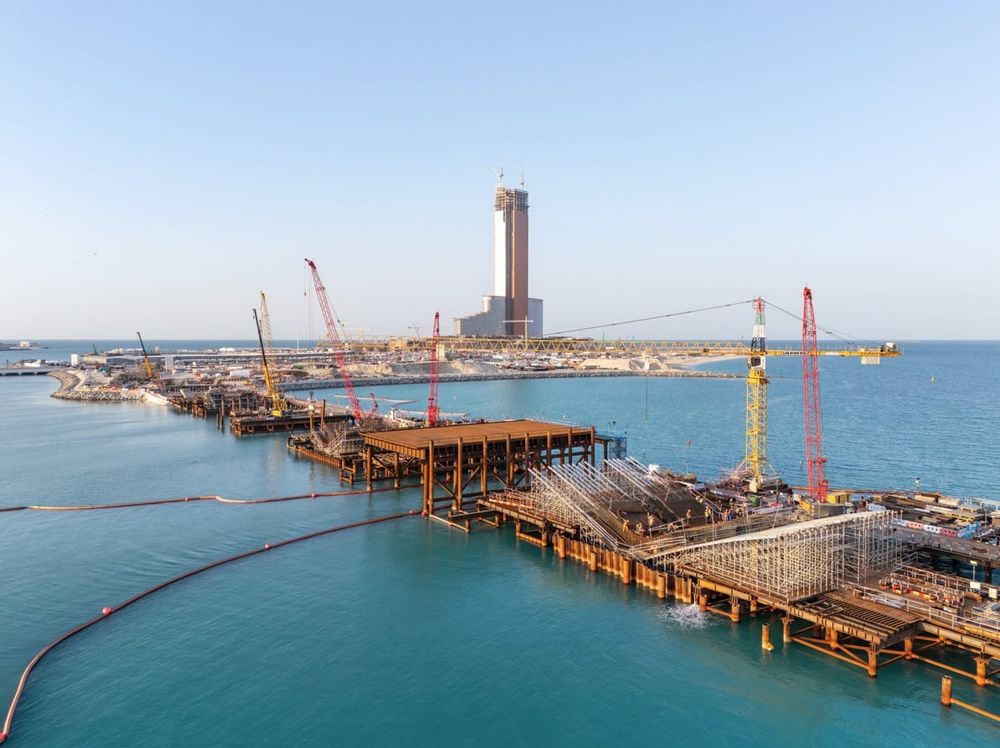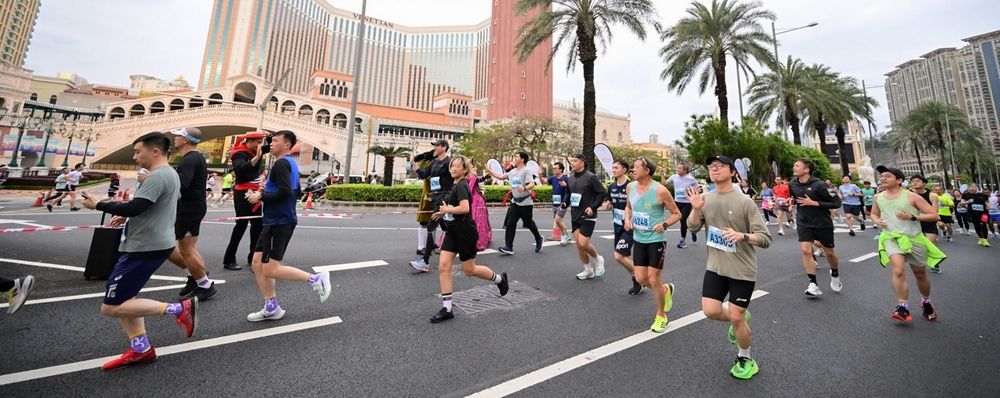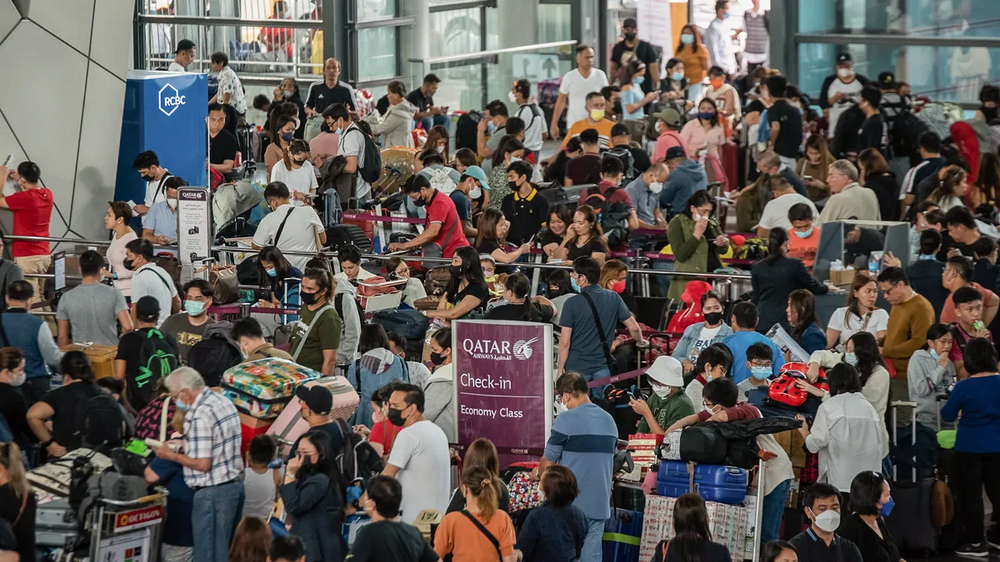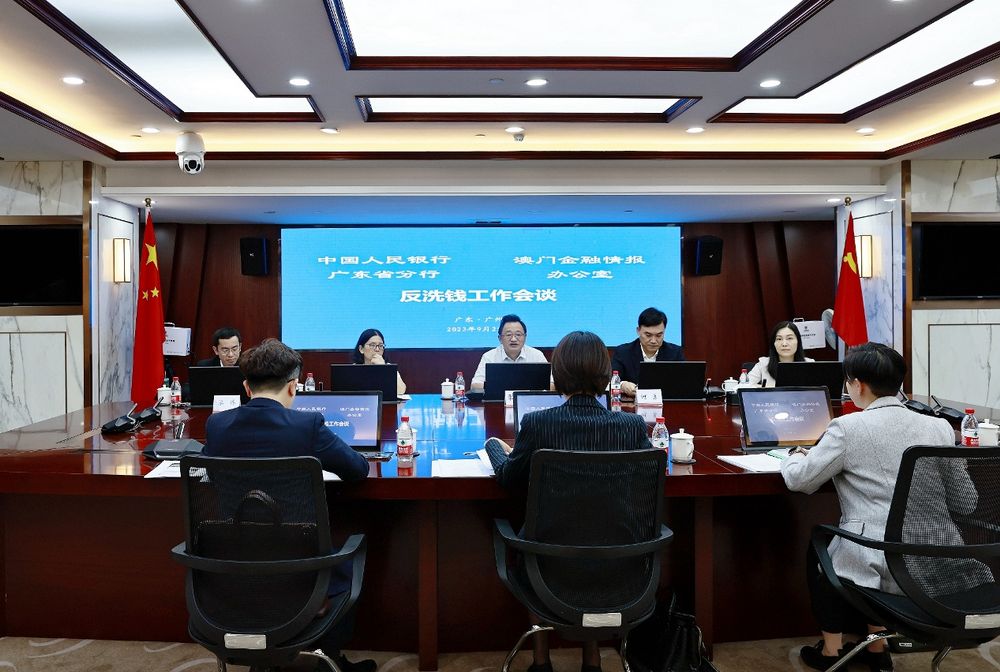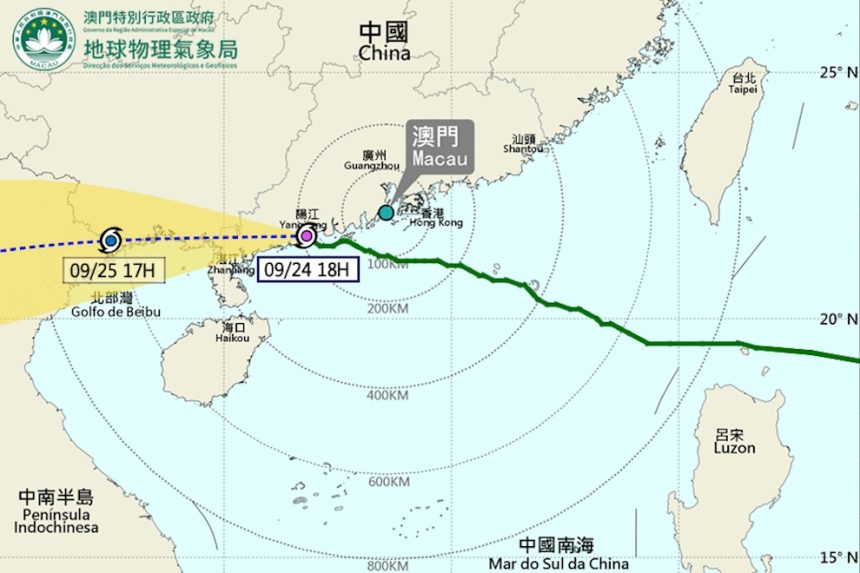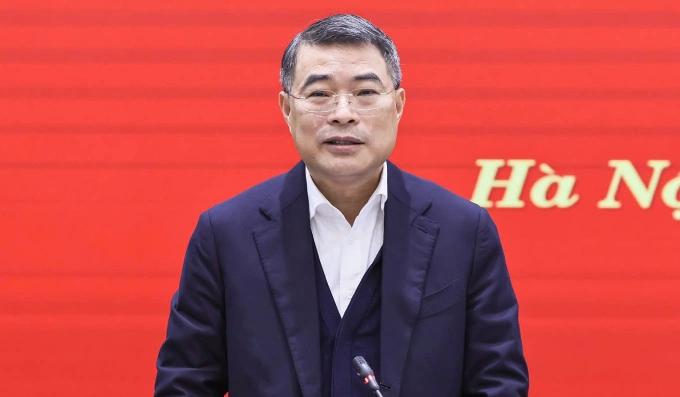Macau, China – On September 25, 2025, casinos throughout Macau reopened following a mandatory 33-hour shutdown caused by Super Typhoon Ragasa. The typhoon brought severe flooding with water levels reaching 1.5 meters in low-lying districts, alongside intense winds that disrupted power supply and tested the city’s flood defenses. This marks the first typhoon-induced casino closure since September 2023, interrupting operations in the world’s largest gambling hub.
Macau Chief Executive Ho Iat Seng expressed relief at the reopening, stating, “The safety of residents and visitors remains our priority. We commend the rapid response and resilience demonstrated by our community and casino operators as we recover from Ragasa’s impact.”

The closure was in full compliance with Macau’s stringent safety protocols enforced by the Gaming Inspection and Coordination Bureau (DICJ). According to Administrative Regulation No. 14/2001, gaming operations must be suspended when tropical cyclone signals of No. 8 or higher are issued. These regulations prioritize public safety and infrastructure protection amid extreme weather events, underscoring Macau’s regulatory commitment to disaster preparedness.
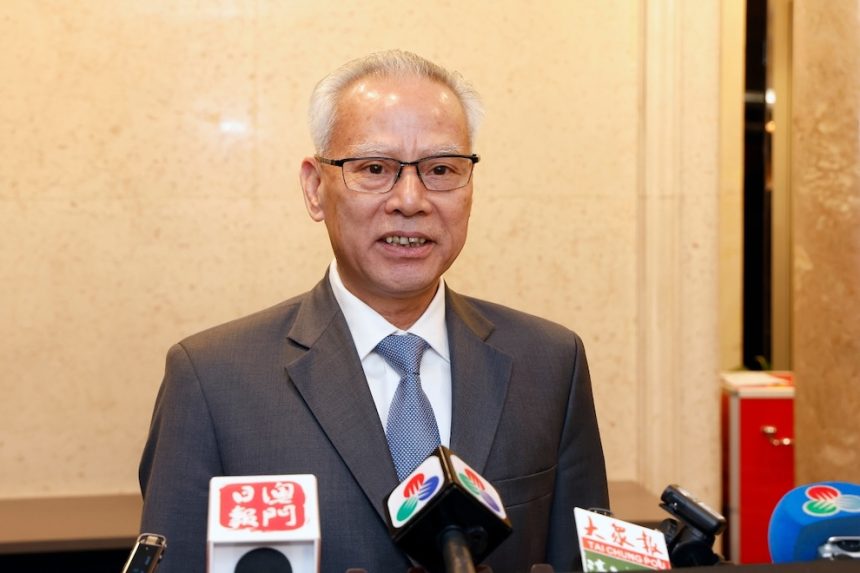
Macau Chief Executive Ho Iat Seng
Economically, the shutdown caused a temporary halt in Macau’s gambling revenues, with forecasts revising September’s gross gaming revenue estimates downward due to combined COVID-19 and typhoon disruptions. Nevertheless, the swift resumption positions Macau’s gaming sector for recovery, vital to local employment and fiscal health given the region’s reliance on tourism and casino income. The event highlights the sector’s operational resilience in the face of escalating climate risks affecting the Pearl River Delta.
As Macau advances through post-typhoon recovery, enhanced contingency measures will be essential to ensuring long-term operational stability. Increasing climate threats may require deeper regulatory and infrastructural adaptations, shaping how Macau’s gaming industry balances growth with environmental and safety exigencies.











